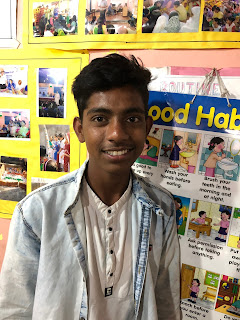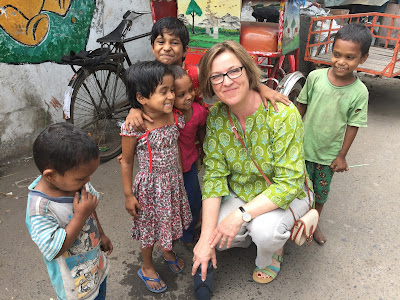Empowering Young Women through Skills Training in Hair and Beauty

Please empower a young woman today for the price of a visit to the hairdresser... Tabassum, age 20, lives with her family in a single room in Kolkata’s Tiljala slum. Her father supports his family of 4 on Rs4000 (£44 or USD57) per month. She has recently qualified in hair and beauty therapy at the iSalon, NGO Tiljala SHED ’s tiny Beauty Training Salon. “Because of my father’s low income I left education early. When I came to know from one of my friends, that a free course i s being offered at this place, I immediately visited the parlour and decided to join. After joining, I was confident that this skill will surely help me out of poverty. After completion of course I applied to many salons but they offered maximum 2500 per month for 9-10 hour days. Then, I consulted with the trainer who helped me and now I have 8 clients and earn close to Rs.2000 per month. I have requested the trainer to start more advanced courses which has a demand in the market and which will help us inc



